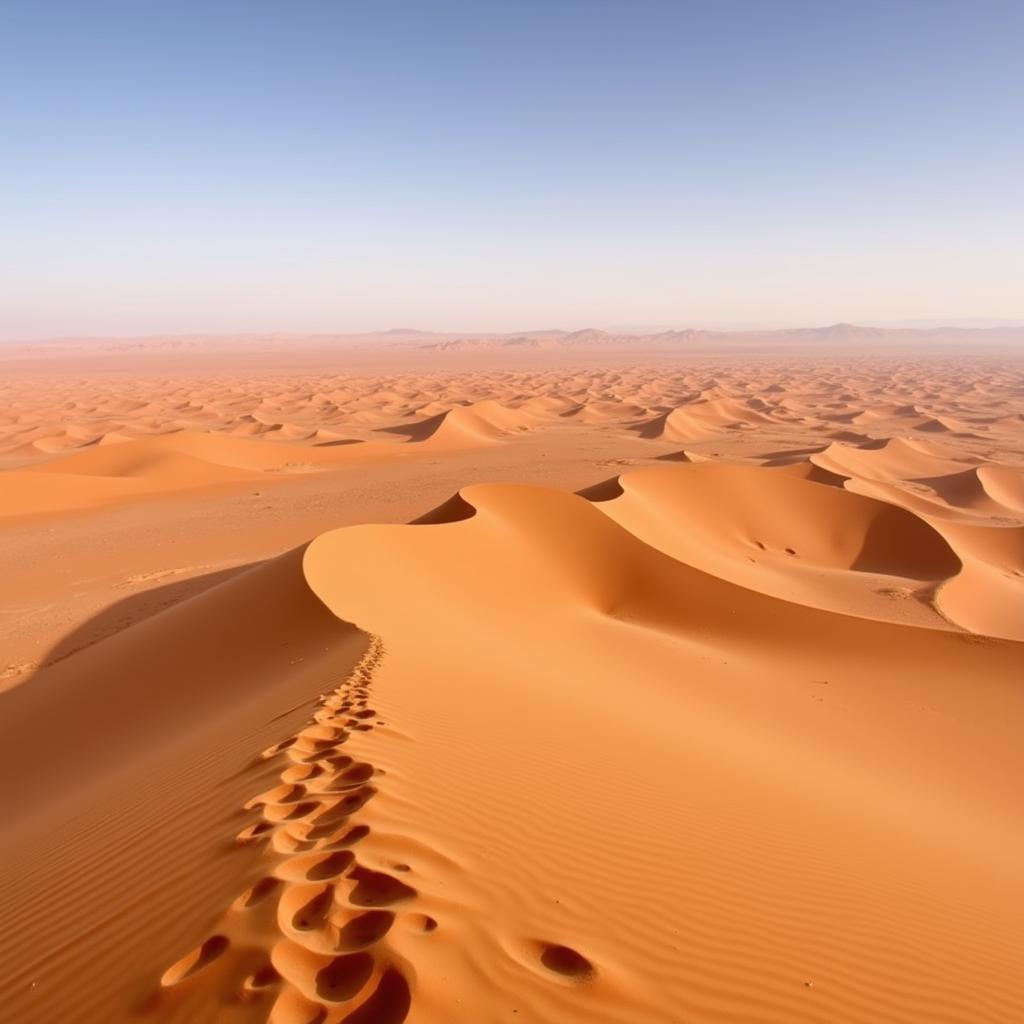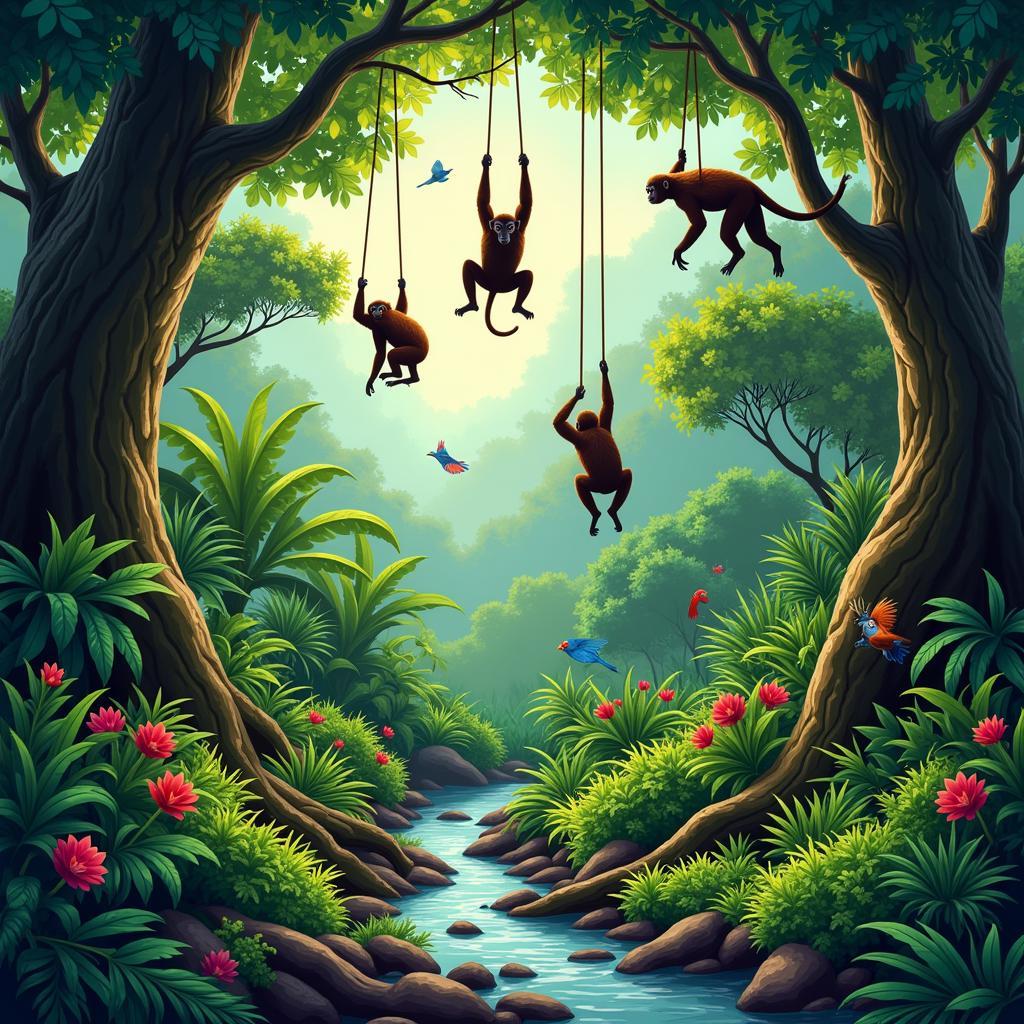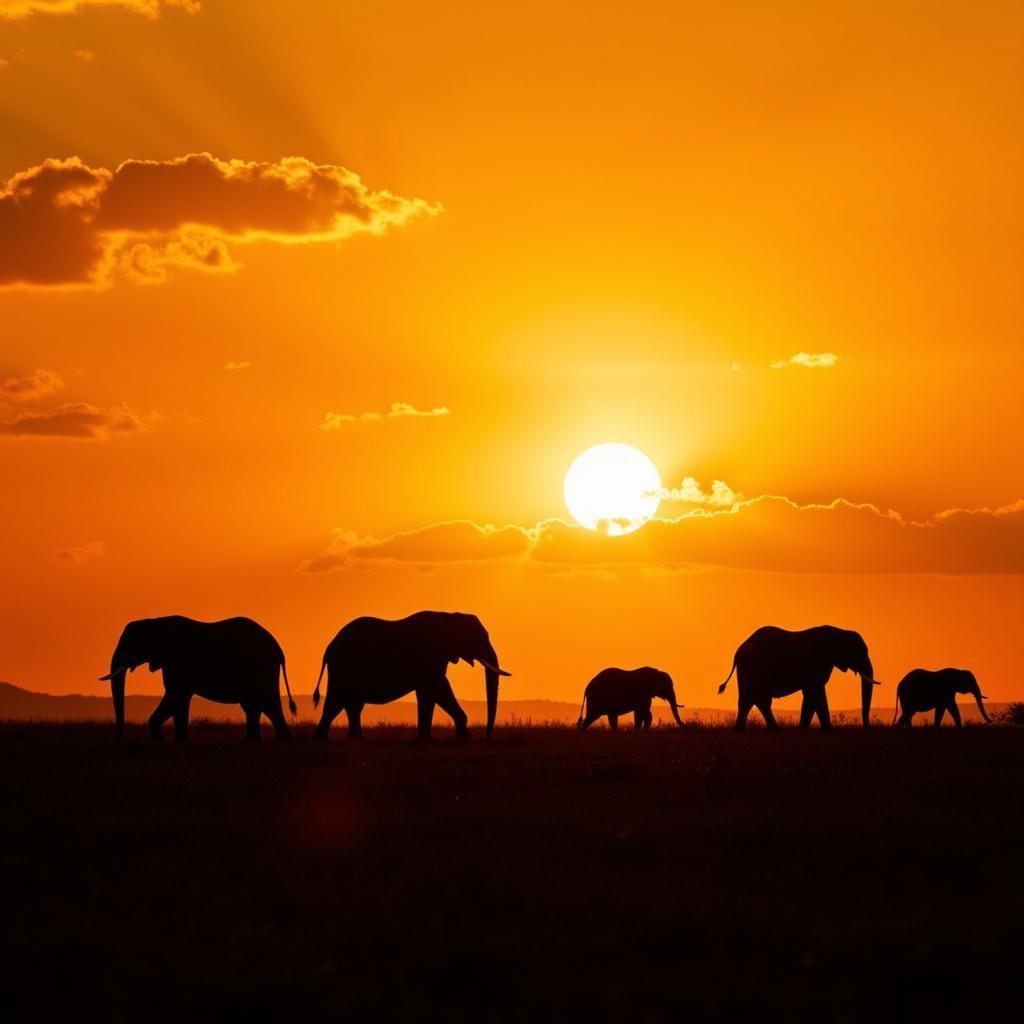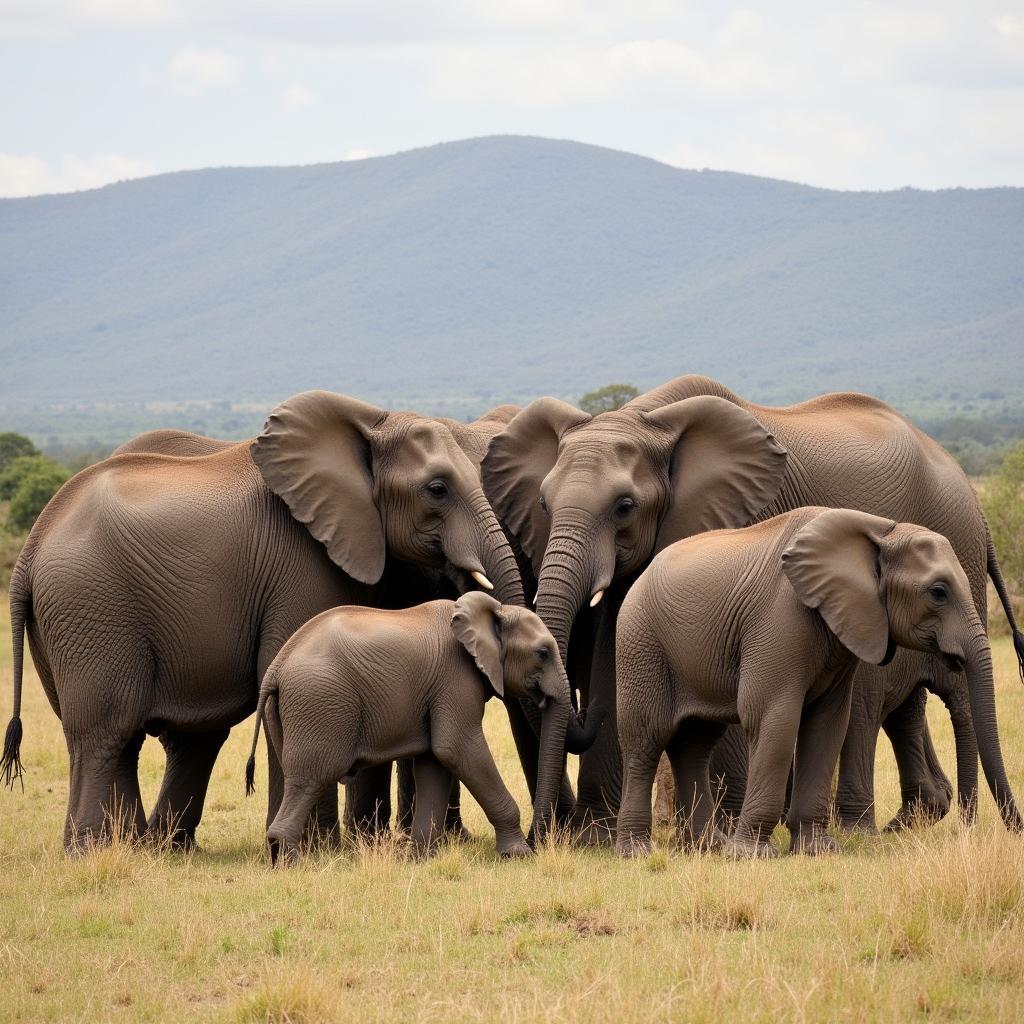Exploring the Diverse Landscape: Which Countries Are Included in the African Continent?
The African continent, often hailed as the cradle of humankind, is a tapestry woven from 54 distinct and vibrant countries. Each nation boasts a unique blend of cultures, languages, landscapes, and histories that contribute to the continent’s rich and diverse character. Understanding which countries are included in Africa is key to unlocking the captivating stories and profound knowledge that lie within its borders.
Unmasking the Geographical Gems: North, South, East, and West Africa
While all 54 countries share the common thread of being part of the African continent, they are often categorized into regions based on their geographical location and cultural similarities. These regions include:
North Africa: Dominated by the Sahara Desert and the Atlas Mountains, North Africa is home to countries such as:
- Algeria
- Egypt
- Libya
- Morocco
- Tunisia
 Vast Sahara Desert landscape
Vast Sahara Desert landscape
West Africa: Characterized by diverse landscapes, from coastal plains to savannas and rainforests, West Africa includes nations like:
- Benin
- Burkina Faso
- Cabo Verde
- Gambia
- Ghana
- Guinea
- Guinea-Bissau
- Ivory Coast
- Liberia
- Mali
- Mauritania
- Niger
- Nigeria
- Senegal
- Sierra Leone
- Togo
 Lush West African rainforest teeming with wildlife
Lush West African rainforest teeming with wildlife
East Africa: Known for its iconic savannas, the Great Rift Valley, and stunning coastlines, East Africa encompasses countries such as:
- Burundi
- Comoros
- Djibouti
- Eritrea
- Ethiopia
- Kenya
- Madagascar
- Malawi
- Mauritius
- Mozambique
- Rwanda
- Seychelles
- Somalia
- South Sudan
- Tanzania
- Uganda
- Zambia
- Zimbabwe
Southern Africa: This region, encompassing the southern tip of the continent, boasts diverse landscapes and wildlife. Countries in this region include:
- Botswana
- Eswatini (formerly Swaziland)
- Lesotho
- Namibia
- South Africa
 African Elephants at Sunset on the South African Savannah
African Elephants at Sunset on the South African Savannah
Beyond the Map: Understanding Africa’s Cultural Tapestry
It’s important to remember that the beauty of the African continent lies not just in its geographical diversity but also in its intricate cultural mosaic. Each of the 54 countries that make up this incredible landmass has its own unique story to tell – a story woven from the threads of its history, art, music, food, and traditions.
“To truly understand Africa, one must look beyond the map and listen to the heartbeat of its people,” shares Dr. Abena Kwesi, a renowned anthropologist specializing in African studies. “Each country is a world unto itself, brimming with its own rhythm, its own flavor, its own vibrant expression of life.”
From the rhythmic beats of West African drumming to the intricate beadwork of the Maasai people in East Africa, from the ancient pyramids of Egypt to the vibrant markets of Marrakech, the African continent is a symphony of experiences waiting to be discovered. By exploring each nation individually, we gain a deeper appreciation for the intricate tapestry that is Africa, enriching our understanding of the world and ourselves in the process.

